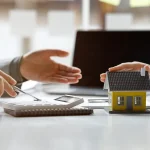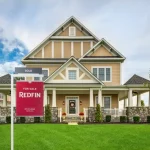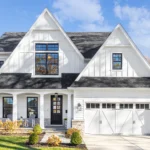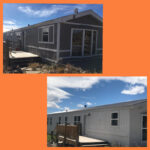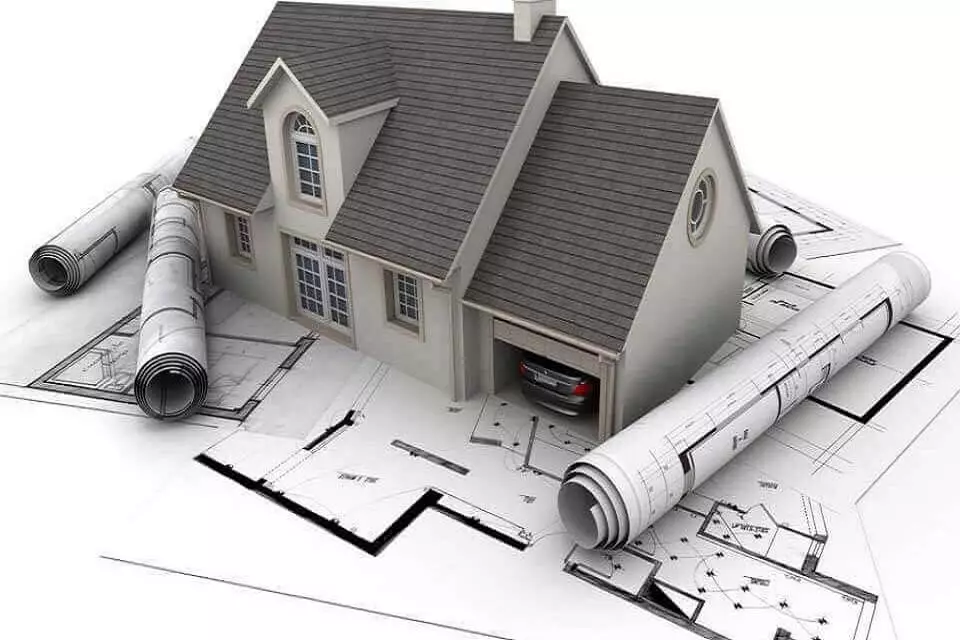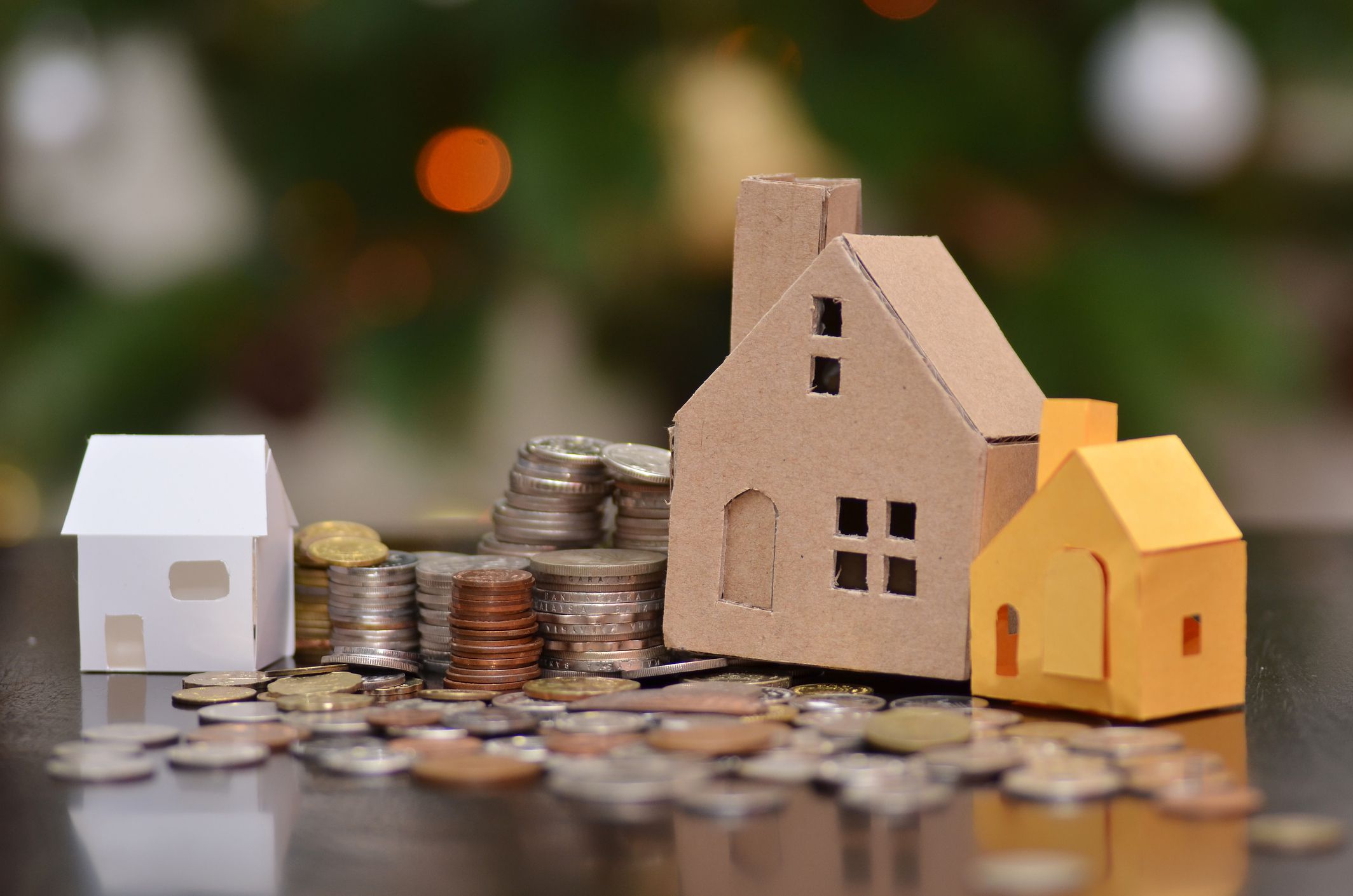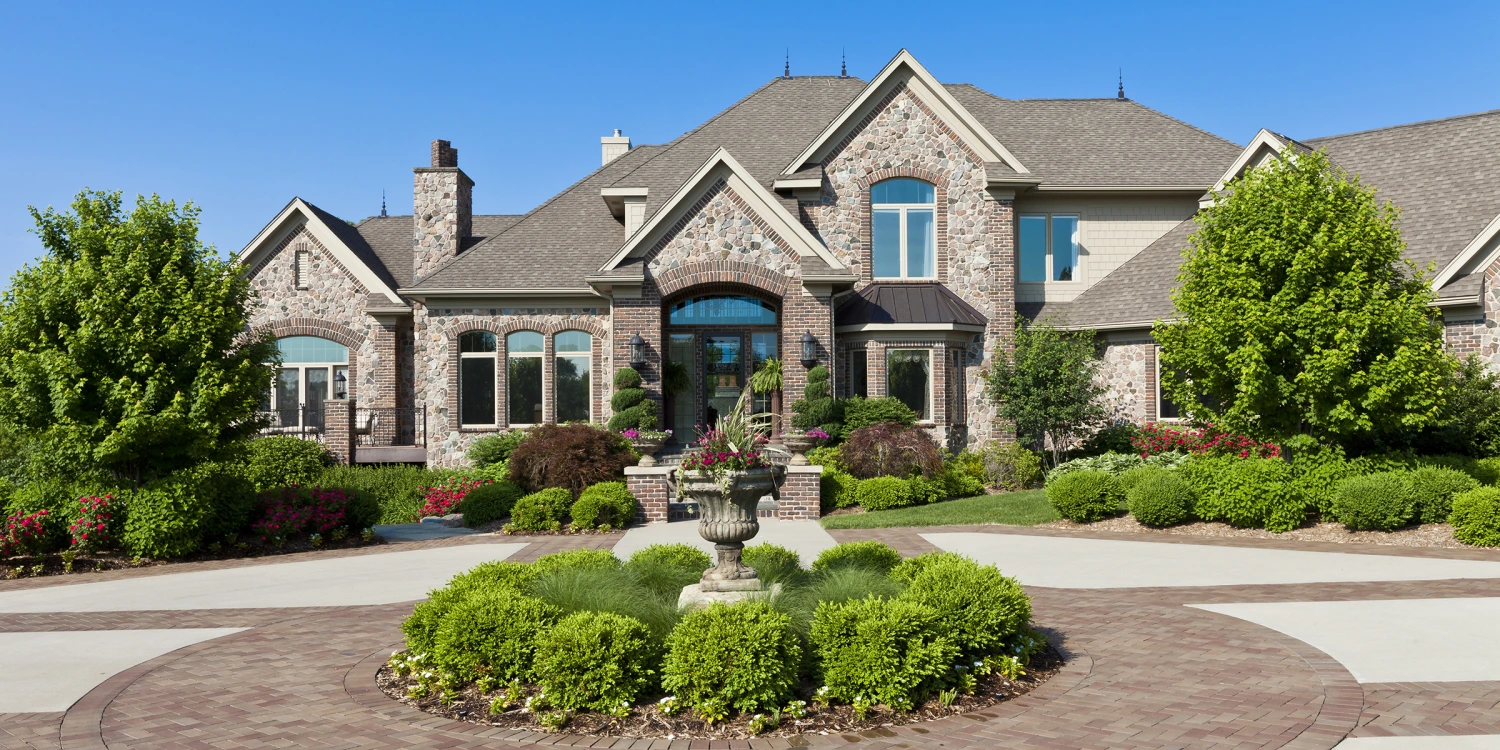
How Big of a Home Do I Need?
June 17, 2023
The journey to homeownership is filled with many questions, and one of the most significant is, “How big of a home do I need?” This question might seem simple, but the answer is far from straightforward. It’s a delicate balance of personal needs, lifestyle, family size, future plans, and budget. In this comprehensive guide, we’ll delve into these factors to help you determine the ideal home size for you.

Understanding Your Current Needs
Family Size and Composition
The first and most obvious factor to consider when determining the size of your home is your family size. If you’re single or part of a couple, a one-bedroom or two-bedroom house might be sufficient. However, if you have children, you’ll need to consider additional bedrooms.
Moreover, the age of your children can also influence the size of the home you need. Young children may be able to share a room, but as they grow older, they may need their own spaces. If you’re planning to have more children in the future, it’s wise to factor that into your decision now rather than having to move again in a few years.
Lifestyle and Habits
Your lifestyle and habits also play a significant role in determining the size of the home you need. If you work from home, you might need an extra room to use as a home office. If you’re an avid hobbyist, whether that’s crafting, collecting, or exercising, you might need additional space for your activities.
Consider your daily routines and how much space they require. Do you love to cook and entertain? A larger kitchen and dining area might be important. Do you enjoy outdoor activities? A larger yard could be a priority.
Planning for the Future
Room for Growth
When looking at homes for sale, it’s essential to not only consider your current situation but also plan for the future. If you’re planning to expand your family or have regular visitors like extended family or friends, you might want to consider a home with extra bedrooms or a guest suite.
Aging in Place
If you plan to stay in this home for the long term, consider features that will make the house more comfortable as you age. Single-story homes, for instance, can be more convenient and safer for seniors. Wider hallways and doors can accommodate mobility aids, and a bathroom with a walk-in shower can be more accessible.
Balancing Size and Budget
Cost Implications
Larger homes are typically more expensive, not just in terms of purchase price, but also in terms of maintenance, utilities, and taxes. A larger home means more space to heat and cool, more potential for expensive repairs, and higher property taxes. Make sure to factor these ongoing costs into your budget.
Investment Potential
While a larger home might be more expensive, it could also offer better investment potential. Homes with more bedrooms and bathrooms tend to appreciate more over time, which could benefit you if you decide to sell in the future. However, it’s also important to consider the location and the local real estate market, as these factors can significantly impact a home’s value.
Quality Over Quantity
Remember, the size of a home isn’t everything. The quality of the space is equally, if not more, important. A well-designed smaller home can be more functional and comfortable than a poorly designed larger one.
Look for homes with efficient layouts that make good use of space. Open floor plans can make a home feel larger and more flexible, allowing you to customize the space to your needs. Plenty of storage can also make a home feel more spacious and organized.
Other Considerations
Environmental Impact
Larger homes also have a larger environmental footprint. They require more resources to build and maintain, and they consume more energy for heating, cooling, and lighting. If sustainability is a priority for you, you might choose to live in a smaller home.
Flexibility and Adaptability
A home that’s too small can feel cramped and limiting, but a home that’s too large can feel overwhelming and be more difficult to maintain. A home with a flexible layout can adapt to your changing needs. For example, an extra bedroom could serve as a guest room now and a nursery in the future.
Personal Preference
Finally, personal preference plays a huge role in determining how big of a home you need. Some people feel more comfortable in cozy, intimate spaces, while others prefer open, spacious environments. Think about what makes you feel most at home.
So How Big of a Home Do You Need?
Determining the size of the home you need involves careful consideration of your current lifestyle, future plans, and budget. It’s a personal decision that should reflect your individual needs and preferences. When looking at homes for sale, keep these factors in mind to ensure you find a home that’s just the right size for you.
Remember, a home is more than just a place to live. It’s a place where you’ll make memories, grow, and change over time. The size of the home you choose should support your lifestyle and allow you to live comfortably and happily. Whether you choose a cozy cottage or a sprawling mansion, the most important thing is that it feels like home to you.
In the end, the question “How big of a home do I need?” is deeply personal and subjective. It’s about more than just square footage or the number of bedrooms and bathrooms. It’s about finding a space that feels right, a place where you can see yourself living, growing, and building a life. So take your time, consider your options, and trust your instincts. Your perfect home is out there, and you’ll know it when you see it.

Christine Kelley is a dedicated home blogger who has been blogging for over six years. She covers everything home related. Christine also loves writing posts about her travels to Europe with her husband and two children.

